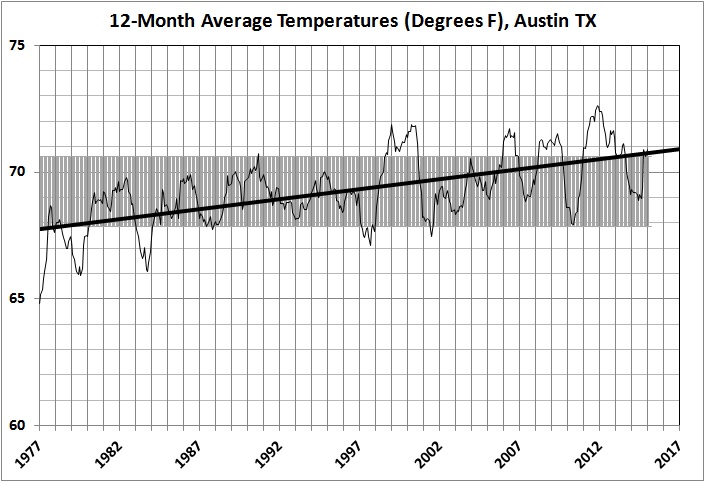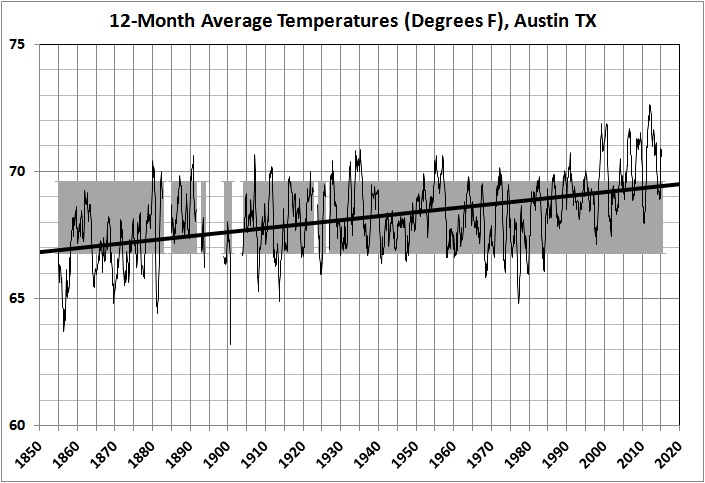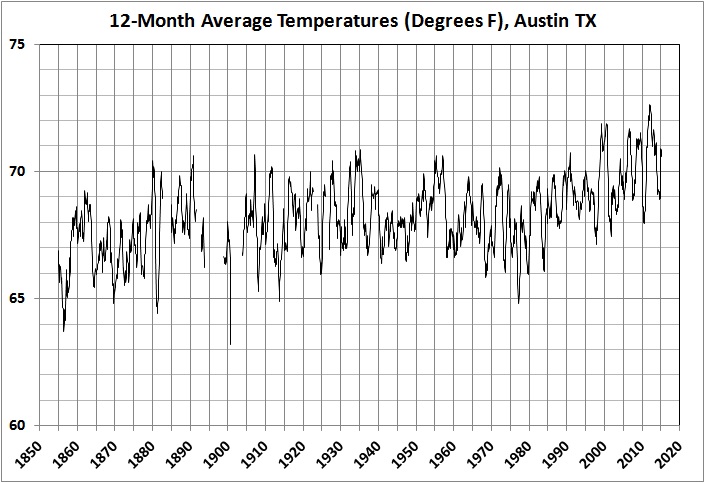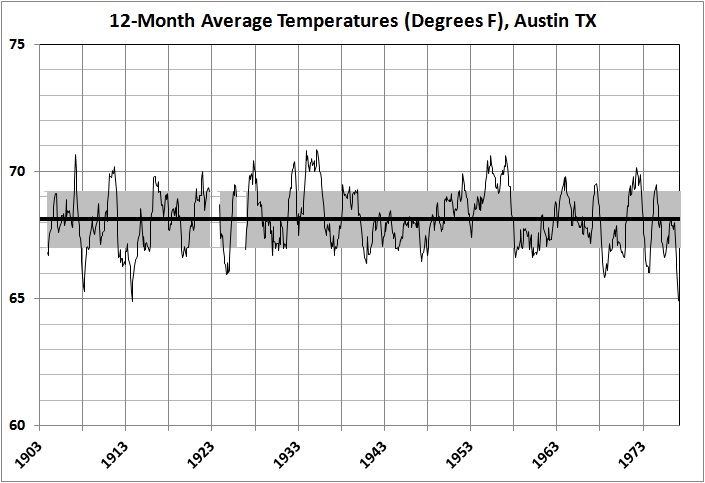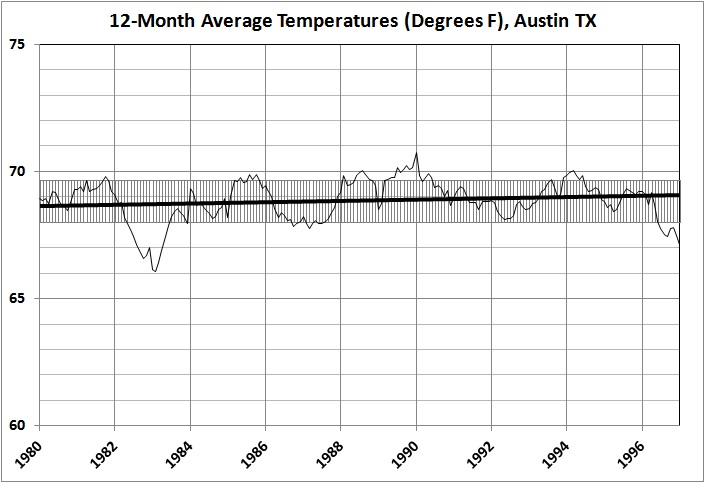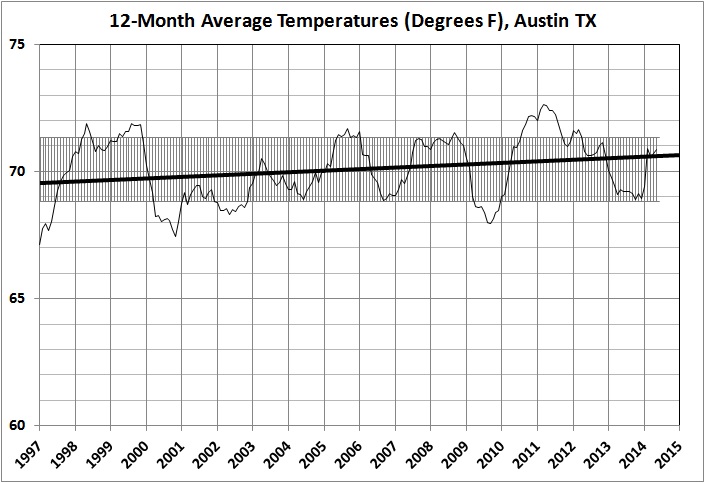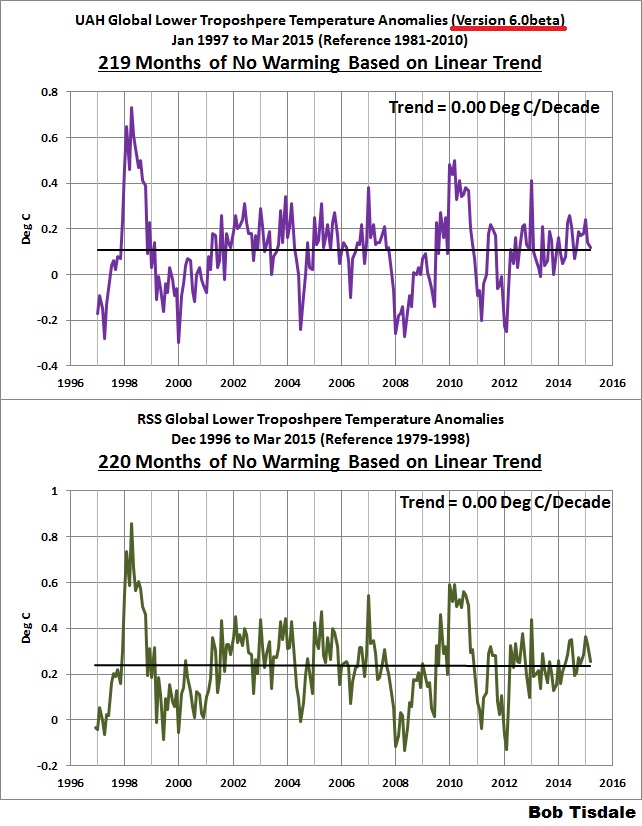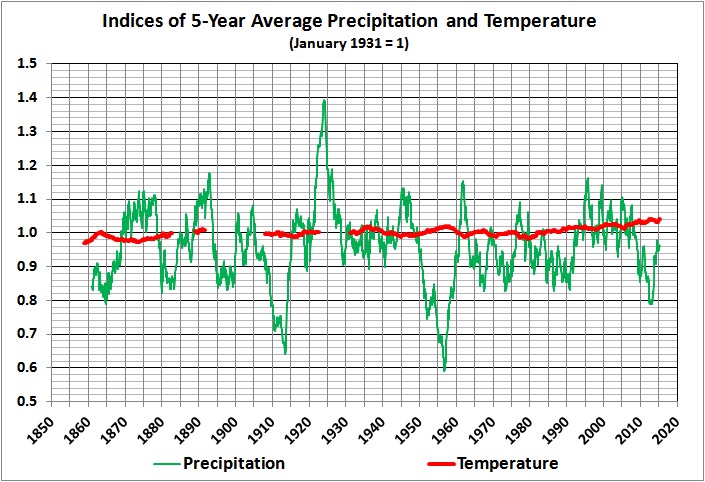[A] long habit of not thinking a thing WRONG, gives it a superficial appearance of being RIGHT…. Time makes more converts than reason.
Thomas Paine, Common Sense
If ignorance and passion are the foes of popular morality, it must be confessed that moral indifference is the malady of the cultivated classes. The modern separation of enlightenment and virtue, of thought and conscience, of the intellectual aristocracy from the honest and common crowd is the greatest danger that can threaten liberty.
Henri Frédéric Amiel, Journal
The Summer of Love ignited the loose, Dionysian culture that is inescapable today. The raunch and debauchery, radical individualism, stylized non-conformity, the blitzkrieg on age-old authorities, eventually impaired society’s ability to function.
Gilbert T. Sewall, “Summer of Love, Winter of Decline“
* * *
If, like me, you were an adult when John F. Kennedy was assassinated, you may think of his death as a watershed moment in American history. I say this not because I’m an admirer of Kennedy the man (I am not), but because American history seemed to turn a corner when Kennedy was murdered. To take the metaphor further, the corner marked the juncture of a sunny, tree-lined street (America from the end of World War II to November 22, 1963) and a dingy, littered street (America since November 22, 1963).
Changing the metaphor, I acknowledge that the first 18 years after V-J Day were by no means halcyon, but they were the spring that followed the long, harsh winter of the Great Depression and World War II. Yes, there was the Korean War, but that failure of political resolve was only a rehearsal for later debacles. McCarthyism, a political war waged (however clumsily) on America’s actual enemies, was benign compared with the war on civil society that began in the 1960s and continues to this day. The threat of nuclear annihilation, which those of you who were schoolchildren of the 1950s will remember well, had begun to subside with the advent of JFK’s military policy of flexible response, and seemed to evaporate with JFK’s resolution of the Cuban Missile Crisis (however poorly he managed it). And for all of his personal faults, JFK was a paragon of grace, wit, and charm — a movie-star president — compared with his many successors, with the possible exception of Ronald Reagan, who had been a real movie star.
What follows is an impression of America since November 22, 1963, when spring became a long, hot summer, followed by a dismal autumn and another long, harsh winter — not of deprivation, and perhaps not of war, but of rancor and repression.
This petite histoire begins with the Vietnam War and its disastrous mishandling by LBJ, its betrayal by the media, and its spawning of the politics of noise. “Protests” in public spaces and on campuses are a main feature of the politics of noise. In the new age of instant and sympathetic media attention to “protests,” civil and university authorities often refuse to enforce order. The media portray obstructive and destructive disorder as “free speech.” Thus do “protestors” learn that they can, with impunity, inconvenience and cow the masses who simply want to get on with their lives and work.
Whether “protestors” learned from rioters, or vice versa, they learned the same lesson. Authorities, in the age of Dr. Spock, lack the guts to use force, as necessary, to restore civil order. (LBJ’s decision to escalate gradually in Vietnam — “signaling” to Hanoi — instead of waging all-out war was of a piece with the “understanding” treatment of demonstrators and rioters.) Rioters learned another lesson — if a riot follows the arrest, beating, or death of a black person, it’s a “protest” against something (usually white-racist oppression, regardless of the facts), not wanton mayhem. After a lull of 21 years, urban riots resumed in 1964, and continue to this day.
LBJ’s “Great Society” marked the resurgence of FDR’s New Deal — with a vengeance — and the beginning of a long decline of America’s economic vitality. The combination of the Great Society (and its later extensions, such as Medicare Part D and Obamacare) with the rampant growth of regulatory activity has cut the rate of economic growth from 5 percent to 2 percent. The entrepreneurial spirit has been crushed; dependency has been encouraged and rewarded; pension giveaways have bankrupted public treasuries across the land. America since 1963 has been visited by a perfect storm of economic destruction that seems to have been designed by America’s enemies.
The Civil Rights Act of 1964 unnecessarily crushed property rights, along with freedom of association, to what end? So that a violent, dependent, Democrat-voting underclass could arise from the Great Society? So that future generations of privilege-seekers could cry “discrimination” if anyone dares to denigrate their “lifestyles”? There was a time when immigrants and other persons who seemed “different” had the good sense to strive for success and acceptance as good neighbors, employees, and merchants. But the Civil Rights Act of 1964 and its various offspring — State and local as well as federal — are meant to short-circuit that striving and to force acceptance, whether or not a person has earned it. The vast, silent majority is caught between empowered privilege-seekers and powerful privilege-granters. The privilege-seekers and privilege-granters are abetted by dupes who have, as usual, succumbed to the people’s romance — the belief that government represents society.
Presidents, above all, like to think that they represent society. What they represent, of course, are their own biases and the interests to which they are beholden. Truman, Ike, and JFK were imperfect presidential specimens, but they are shining idols by contrast with most of their successors. The downhill slide from the Vietnam and the Great Society to Obamacare and lawlessness on immigration has been punctuated by many shameful episodes; for example:
- LBJ — the botched war in Vietnam, repudiation of property rights and freedom of association (the Civil Rights Act)
- Nixon — price controls, Watergate
- Carter — dispiriting leadership and fecklessness in the Iran hostage crisis
- Reagan — bugout from Lebanon, rescue of Social Security
- Bush I — failure to oust Saddam when it could have been done easily, the broken promise about taxes
- Clinton — bugout from Somalia, push for an early version of Obamacare, budget-balancing at the cost of defense, and perjury
- Bush II — No Child Left Behind Act, Medicare Part D, the initial mishandling of Iraq, and Wall Street bailouts
- Obama — stimulus spending, Obamacare, reversal of Bush II’s eventual success in Iraq, naive backing for the “Arab spring,” acquiescence to Iran’s nuclear ambitions, unwillingness to acknowledge or do anything about the expansionist aims of Russia and China, neglect or repudiation of traditional allies (especially Israel), and refusal to take care that the immigration laws are executed faithfully.
Only Reagan’s defense buildup and its result — victory in the Cold War — stands out as a great accomplishment. But the victory was squandered: The “peace dividend” should have been peace through continued strength, not unpreparedness for the post 9/11 wars and the resurgence of Russia and China.
The war on defense has been accompanied by a war on science. The party that proclaims itself the party of science is anything but that. It is the party of superstitious, Luddite anti-science. Witness the embrace of extreme environmentalism, the arrogance of proclamations that AGW is “settled science,” unjustified fear of genetically modified foodstuffs, the implausible doctrine that race is nothing but a social construct, and on and on.
With respect to the nation’s moral well-being, the most destructive war of all has been the culture war, which assuredly began in the 1960s. Almost overnight, it seems, the nation was catapulted from the land of Ozzie and Harriet, Father Knows Best, and Leave It to Beaver to the land of the free- filthy-speech movement, Altamont, Woodstock, Hair, and the unspeakably loud, vulgar, and violent offerings that are now plastered all over the air waves, the internet, theater screens, and “entertainment” venues.
Adherents of the ascendant culture esteem protest for its own sake, and have stock explanations for all perceived wrongs (whether or not they are wrongs): racism, sexism, homophobia, Islamophobia, hate, white privilege, inequality (of any kind), Wall Street, climate change, Zionism, and so on.
Then there is the campaign to curtail freedom of speech. This purported beneficiaries of the campaign are the gender-confused and the easily offended (thus “microagressions” and “trigger warnings”). The true beneficiaries are leftists. Free speech is all right if it’s acceptable to the left. Otherwise, it’s “hate speech,” and must be stamped out. This is McCarthyism on steroids. McCarthy, at least, was pursuing actual enemies of liberty; today’s leftists are the enemies of liberty.
There’s a lot more, unfortunately. The organs of the state have been enlisted in an unrelenting campaign against civilizing social norms. As I say here,
we now have not just easy divorce, subsidized illegitimacy, and legions of non-mothering mothers, but also abortion, concerted (and deluded) efforts to defeminize females and to neuter or feminize males, forced association (with accompanying destruction of property and employment rights), suppression of religion, absolution of pornography, and the encouragement of “alternative lifestyles” that feature disease, promiscuity, and familial instability. The state, of course, doesn’t act of its own volition. It acts at the behest of special interests — interests with a “cultural” agenda…. They are bent on the eradication of civil society — nothing less — in favor of a state-directed Rousseauvian dystopia from which morality and liberty will have vanished, except in Orwellian doublespeak.
If there are unifying themes in this petite histoire, they are the death of common sense and the rising tide of moral vacuity — thus the epigrams at the top of the post. The history of the United States since 1963 supports the proposition that the nation is indeed going to hell in a handbasket.
Read on.
* * *
Related reading:
- Anything by Fred Reed
- Arnold Kling, “Libertarians and Group Norms,” Library of Economics and Liberty, September 19, 2012
- Lawrence W. Reed, “The Fall of the Republic,” The Freeman, January 8, 2014
- Wesley Morganston, “Why Democracy Can’t Tolerate Free Speech,” Theden, April 20, 2014
- Fred Reed, “The Heat Death of Democracy,” Fred on Everything, April 30, 2014
- Jack Cashill, “The Suffocating Neo-Puritanism of ‘Progressive’ America,” American Thinker, May 2, 2014
- Walter Williams, “America’s Budding Tyrants,” Townhall.com, May 21, 2014
- Fred Reed, “Through the Eye of the Microscope,” Fred on Everything, July 1, 2014
- Mark J. Perry, “Quotation of the Day on the ‘Affirmative Discrimination’ Fraud for Admission to US Medical Schools,” Carpe Diem, July 5, 2014
- Isaac Cohen, “An ‘Ether of Sexism’ Doesn’t Explain Gender Disparities in Science and Tech,” Forbes, July 30, 2014
- Leslie Ford, “Baker Who Won’t Make Cakes for Same-Sex Weddings Appeals Mandatory Re-Education Order,” The Daily Signal, July 31, 2014
- Amity Shlaes, “Progressives Enthroned,” National Review Online, September 20, 2014
- Adam Garfinkle, “The Wars of the Reluctant: The Bad, the Worse, and the Lousy,” The American Interest, September 23, 2014
- Michael Cipriano, “Campus Hate Crime Hoaxes: A Best-Of List,” The College Fix, December 17, 2014
- Victor Davis Hanson, “Fantasyland, U.S.A.,” Works and Days, December 22, 2014
- Steven Hayward, “97 Percent of All Liberal Claims Are Wrong,” Power Line, December 22, 2014
- Robert Joyner, “NYPD Officer Slayings: When the Left’s False Narratives Have Deadly Consequences,” Theden, December 22, 2014
- Aaron Tao, “Apocalypse Not: The Legacy of Julian Simon,” The Beacon, February 12, 2015
- Victor Davis Hanson, “The Reckoning,” Works and Days, February 15, 2015
- Fred Reed, “Cometh the Censor,” Fred on Everything, February 15, 2015
- Bradley J. Birzer, “How Livy Predicted the Fall of America,” The Imaginative Conservative, February 16, 2015
- Alan Charles Kors, “The Age of Communism Lives,” Dissident, April 9, 2015
- Keith Burgess-Jackson, “Trigger Warning,” Keith Burgess-Jackson, April 23, 2015 (be sure to follow this link)
- Arnold Kling, “The Elite vs. the Elect,” askblog, May 5, 2015
- Georgi Boorman, “Facts Are Dead; Long Live Insanity,” The Federalist, May 8, 2015
- Arnold Kling, “On Freedom of Speech,” askblog, May 8, 2015
- Mark Pulliam, “Disabling the Police,” City Journal, May 8, 2015
- Noah Rothman, “In a New Display of Submission, State Dept. Orders GITMO to Stop Offending Castro,” Hot Air, May 8, 2015
- Jazz Shaw, “If You Flunk Out of College You Can Always Sue Them,” Hot Air, May 13, 2015
- Ed Morrissey, “Social-Justice Warriors Readying a New War on Free Speech?,” Hot Air, May 21, 2015
- Michael Rubin, “Intelligence Report Shows Obama Asleep at the Switch,” AEI.org, May 21, 2015
- Suzanne Fields, “The Killing of Free Speech: The Liberals’ War on Blonde Conservatism,” The American Spectator, May 25, 2015
- Dave Huber, “FAA’s Quest for Diversity Discards Highly Qualified Candidates … and Endangers Everyone,” The College Fix, May 25, 2015
- Jazz Shaw, “Oakland Protestors Protest New Protesting Policy,” Hot Air, May 25, 2015
- Dave Catron, “Ready for Another Obamacare Price Hike?,” The American Spectator, May 26, 2015
- John Hinderaker, “The Wages of Liberalism Is Death,” Power Line, May 26, 2015
- Andrew Jacobs, “China, Updating Military Strategy, Puts Focus on Projecting Naval Power,’ The New York Times, May 26, 2015
- Jeffrey Lord, “LBJ and Obama: Champions of Abject Poverty,” The American Spectator, May 26, 2015
- Richard A. Epstein, “The ‘Income Inequality’ Warriors,” The Federalist, May 27, 2015
- Steve Horwitz, “Anti-Semitic ‘Microaggressions’ and the True Price of Civilization,” Bleeding Heart Libertarians, May 27, 2015
- Malcolm Pollack, “Gradually, Then Suddenly,” waka waka waka, May 27,2015
- James Quarles, “We’re Paying More Than Ever for Government to Regulate Us,” The Daily Signal, May 27, 2015
- James Sawhill, “EPA Busted for Ideology,” WUWT, May 27, 2015
- Michael Pollack, “Don’t Worry, Despair,” waka waka waka, May 30, 2015
- Michael Pollack, “No Exit,” waka waka waka, May 31, 2015
- Michael Barone, “Is It Time for Civil Disobedience of Kludgeocratic Bureaucracy?,” Creators.com, June 2, 2015 (yes)
- Scaramouche, “Most Gob-Smacking (and Patently Absurd) Statement of the Day,” Scaramouche, June 10, 2015
- Gilbert T. Sewall, “Summer of Love, Winter of Decline,” The American Conservative, June 26, 2017
* * *
Related posts:
Refuting Rousseau and His Progeny
Killing Free Speech in Order to Save It
The Adolescent Rebellion Syndrome
The Ruinous Despotism of Democracy
Academic Bias
The F-Scale Revisited
The Modern Presidency: A Tour of American History
The People’s Romance
Intellectuals and Capitalism
On Liberty
Greed, Cosmic Justice, and Social Welfare
Positive Rights and Cosmic Justice
Liberalism and Sovereignty
The Interest-Group Paradox
Getting It Wrong and Right about Iran
The Real Constitution and Civil Disobedience
The State of the Union 2010
The Shape of Things to Come
Sexist Nonsense
The Constitution: Original Meaning, Corruption, and Restoration
Delusions of Preparedness
Inside-Outside
Asymmetrical (Ideological) Warfare
A Grand Strategy for the United States
The Folly of Pacifism
The Unconstitutionality of the Individual Mandate
“Intellectuals and Society”: A Review
Does the Power to Tax Give Congress Unlimited Power?
Does Congress Have the Power to Regulate Inactivity?
Is the Anger Gone?
Government vs. Community
Social Justice
The Left’s Agenda
More Social Justice
Why We Should (and Should Not) Fight
Rating America’s Wars
The Public-School Swindle
The Evil That Is Done with Good Intentions
Transnationalism and National Defense
Luck-Egalitarianism and Moral Luck
The Left and Its Delusions
In Defense of Wal-Mart
The Destruction of Society in the Name of “Society”
The Folly of Pacifism, Again
An Economist’s Special Pleading: Affirmative Action for the Ugly
September 20, 2001: Hillary Clinton Signals the End of “Unity”
The War on Terror, As It Should Have Been Fought
Obamacare: Neither Necessary nor Proper
The Spoiled Children of Capitalism
Politics, Sophistry, and the Academy
Subsidizing the Enemies of Liberty
Defense as an Investment in Liberty and Prosperity
Our Perfect, Perfect Constitution
Free Will, Crime, and Punishment
Constitutional Confusion
Obamacare, Slopes, Ratchets, and the Death-Spiral of Liberty
Obamacare and Zones of Liberty
Race and Reason: The Achievement Gap — Causes and Implications
Obama’s Big Lie
Liberty and Society
The Eclipse of “Old America”
The Capitalist Paradox Meets the Interest-Group Paradox
Genetic Kinship and Society
America: Past, Present, and Future
Defending Liberty against (Pseudo) Libertarians
Left-Libertarians, Obama, and the Zimmerman Case
“Conversing” about Race
The Fallacy of Human Progress
Fighting Modernity
Political Correctness vs. Civility
IQ, Political Correctness, and America’s Present Condition
AGW: The Death Knell
The Barbarians Within and the State of the Union
Defining Liberty
The World Turned Upside Down
“We the People” and Big Government
Evolution and Race
The Culture War
Defense Spending: One More Time
The Fall and Rise of American Empire
Some Inconvenient Facts about Income Inequality
Modern Liberalism as Wishful Thinking
Mass (Economic) Hysteria: Income Inequality and Related Themes
Presidential Treason
Getting Liberty Wrong
Romanticizing the State
The Limits of Science (II)
The Pretence of Knowledge
“The Science Is Settled”
“Wading” into Race, Culture, and IQ
“Liberalism” and Personal Responsibility
Income Inequality and Economic Growth
Round Up the Usual Suspects
Walking the Tightrope Reluctantly
Poverty, Crime, and Big Government
Evolution, Culture, and “Diversity”
A Case for Redistribution, Not Made
Greed, Conscience, and Big Government
Ruminations on the Left in America
The Harmful Myth of Inherent Equality
My View of Libertarianism
Crime Revisited
Getting “Equal Protection” Right
McCloskey on Piketty
The Rahn Curve Revisited
The Slow-Motion Collapse of the Economy
A Cop-Free World?
Nature, Nurture, and Inequality
Tolerance
How to Eradicate the Welfare State, and How Not to Do It
Does Obama Love America?
The Real Burden of Government
No Wonder Liberty Is Disappearing
Diminishing Marginal Utility and the Redistributive Urge
How to Protect Property Rights and Freedom of Association and Expression
Obamanomics in Action
Democracy, Human Nature, and the Future of America
Rationalism, Empiricism, and Scientific Knowledge
The Gaystapo at Work
The Gaystapo and Islam
AGW in Austin?


